In a significant and controversial ruling, the Supreme Court has sided with a Christian web designer in Colorado who wanted to be legally allowed to discriminate gay customers.
The Plan to Expand Her Business
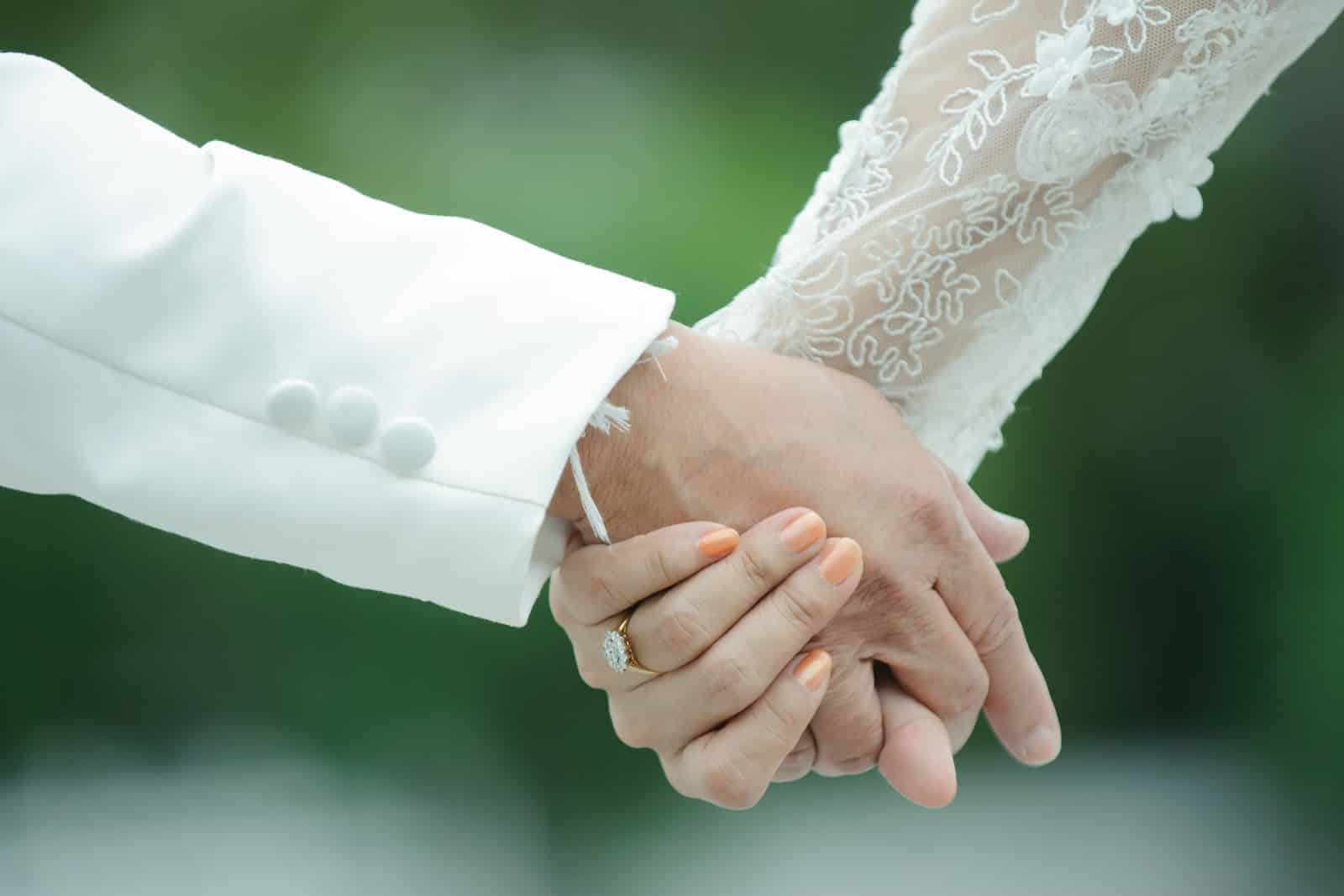
The case centered on Lorie Smith, the owner of 303 Creative, who sought to expand her business into the wedding industry but claimed to face legal obstacles under a Colorado public accommodations law.
She Refused Services for LGBTQ Couples
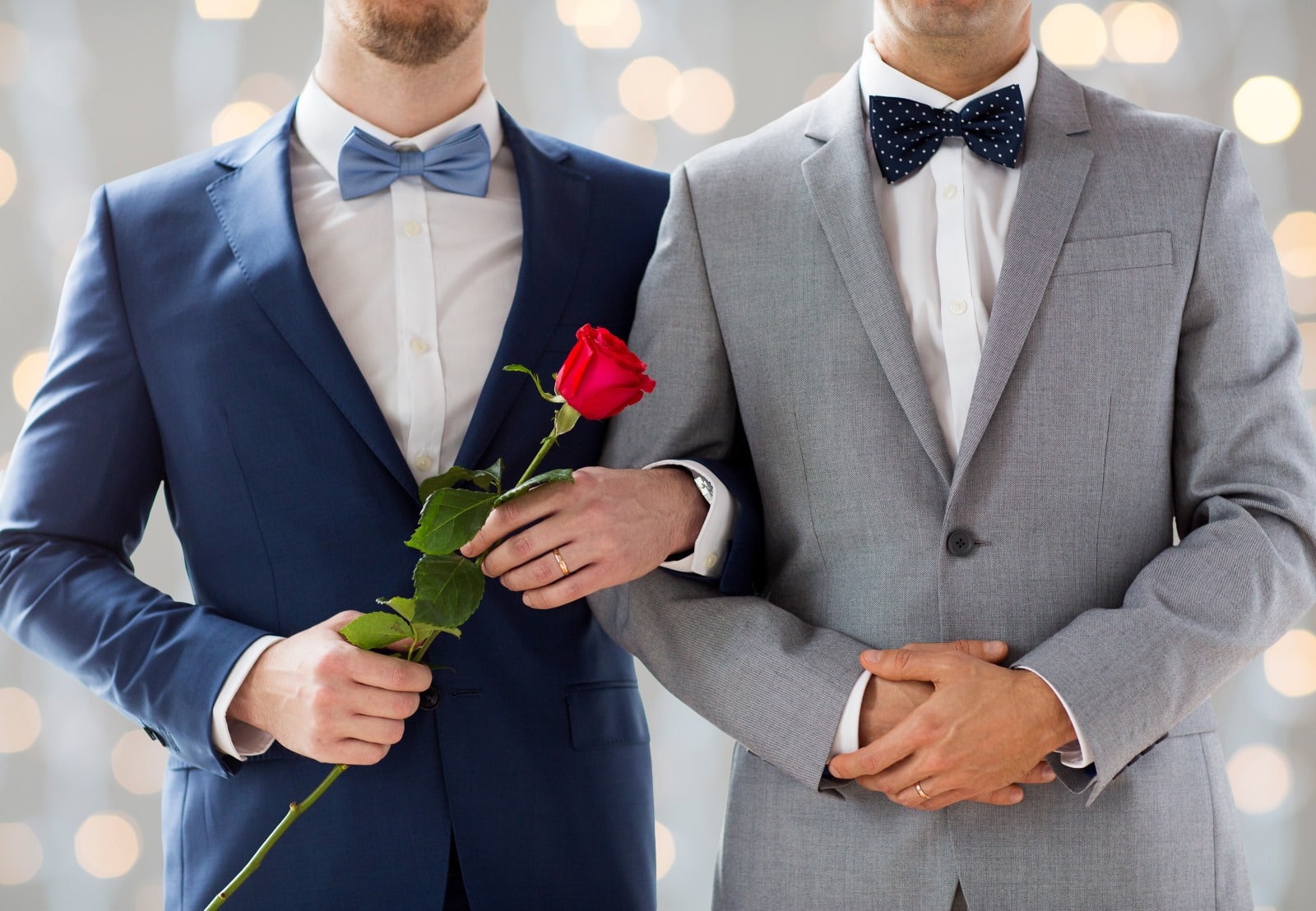
Smith had written a webpage explaining her refusal to create websites for same-sex couples, but the state deemed it illegal to post such a statement.
She Took to Courts
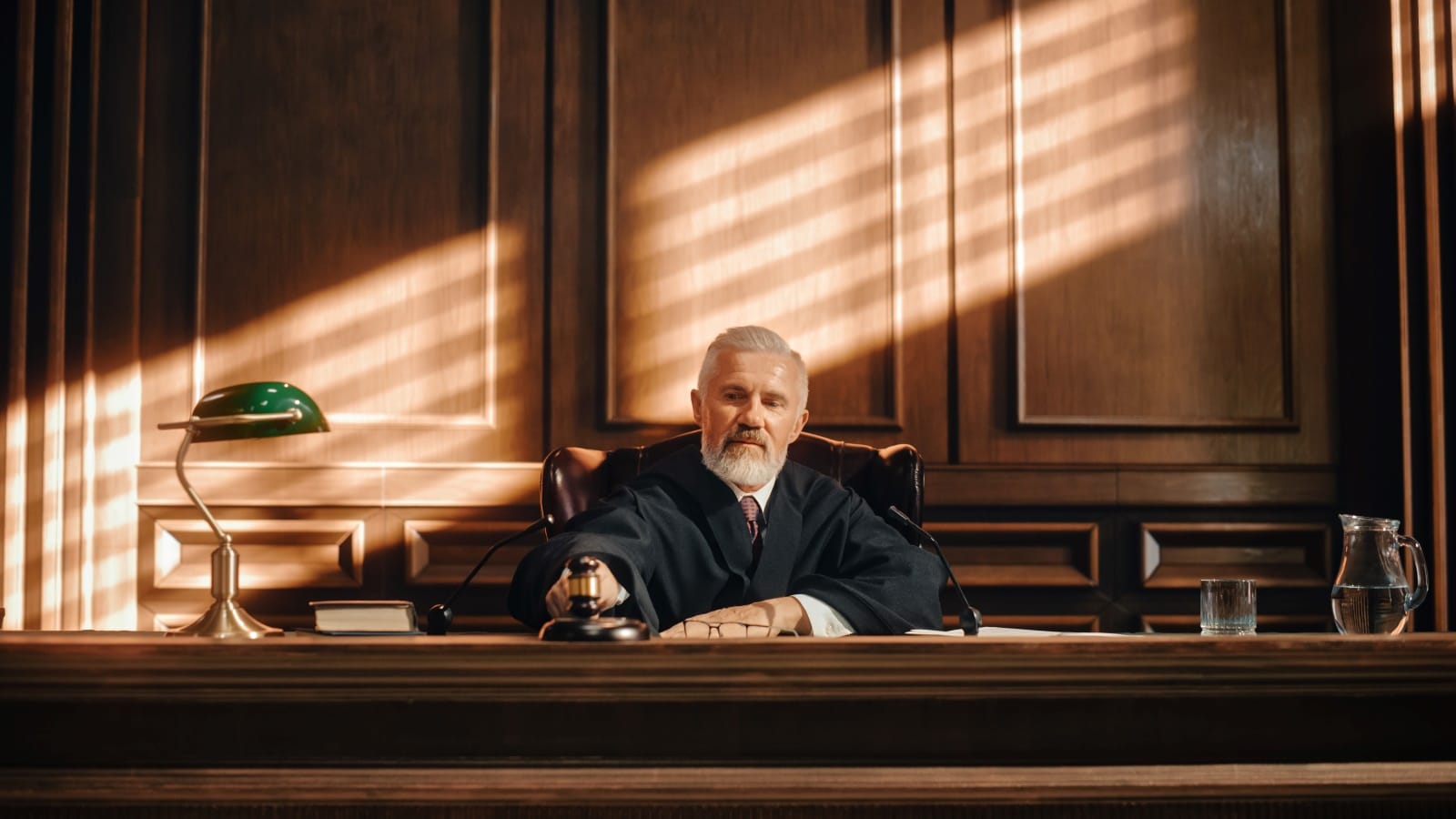
As a result, she took it to the Supreme Court citing religious freedom.
The Court Sided With Her
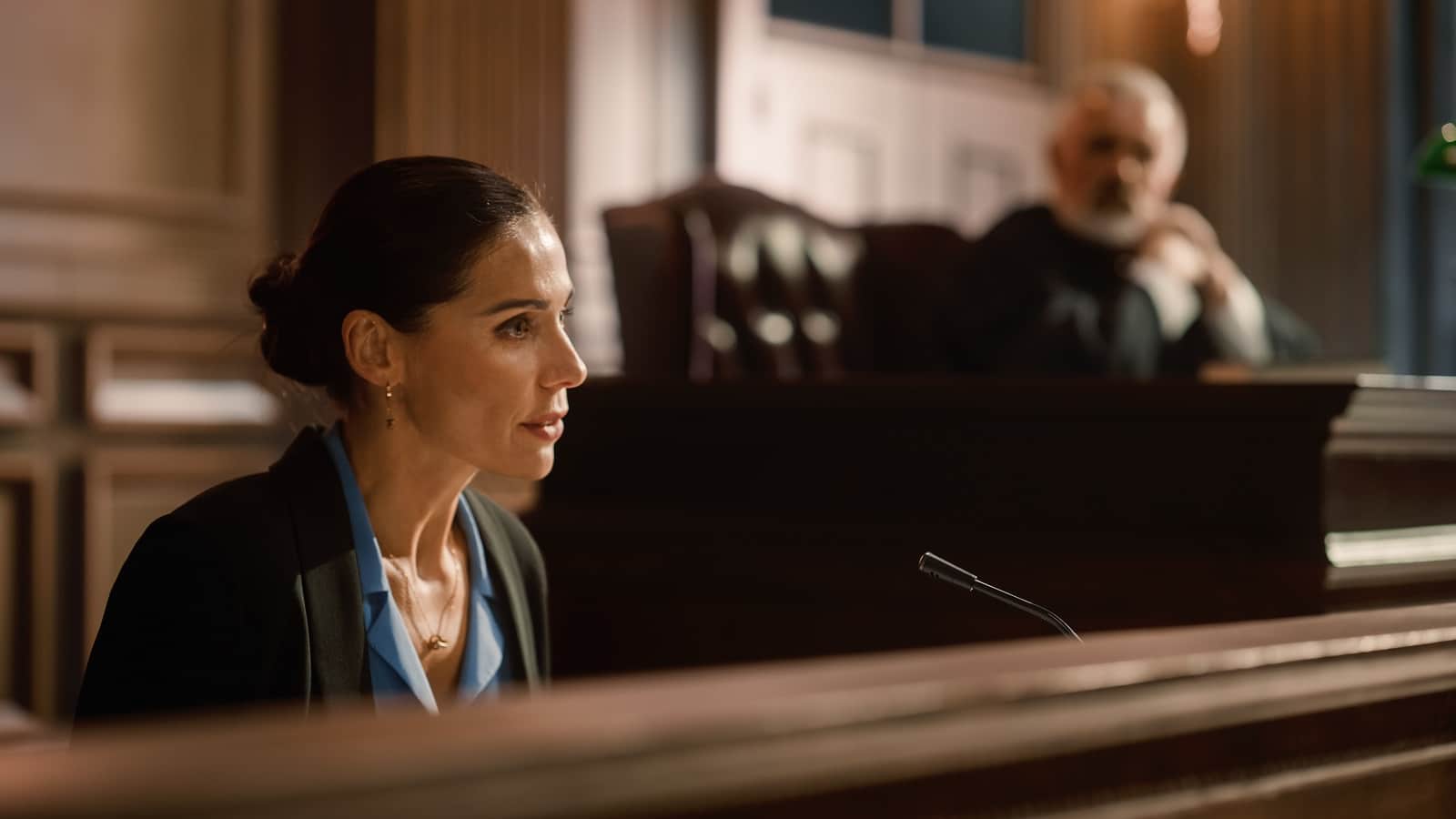
Upon hearing the arguments, the Supreme Court sided with the Christian web designer.
The Decision Was a Blow for the LGBTQ Community
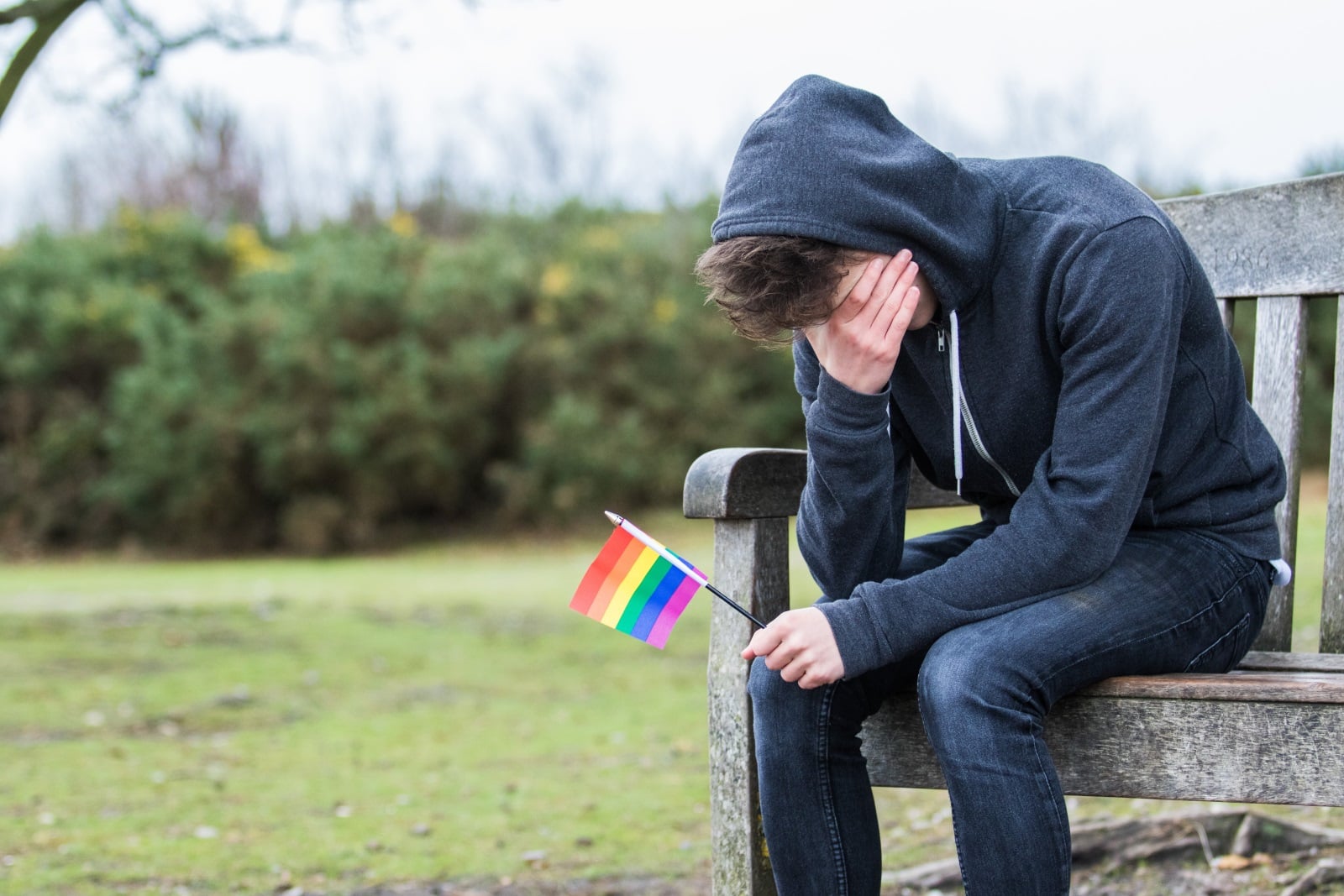
The 6-3 decision, authored by Justice Neil Gorsuch, represents a blow to LGBTQ protections and raises concerns about the future of LGBTQ rights in the United States.
The Court Gave Its Reasons
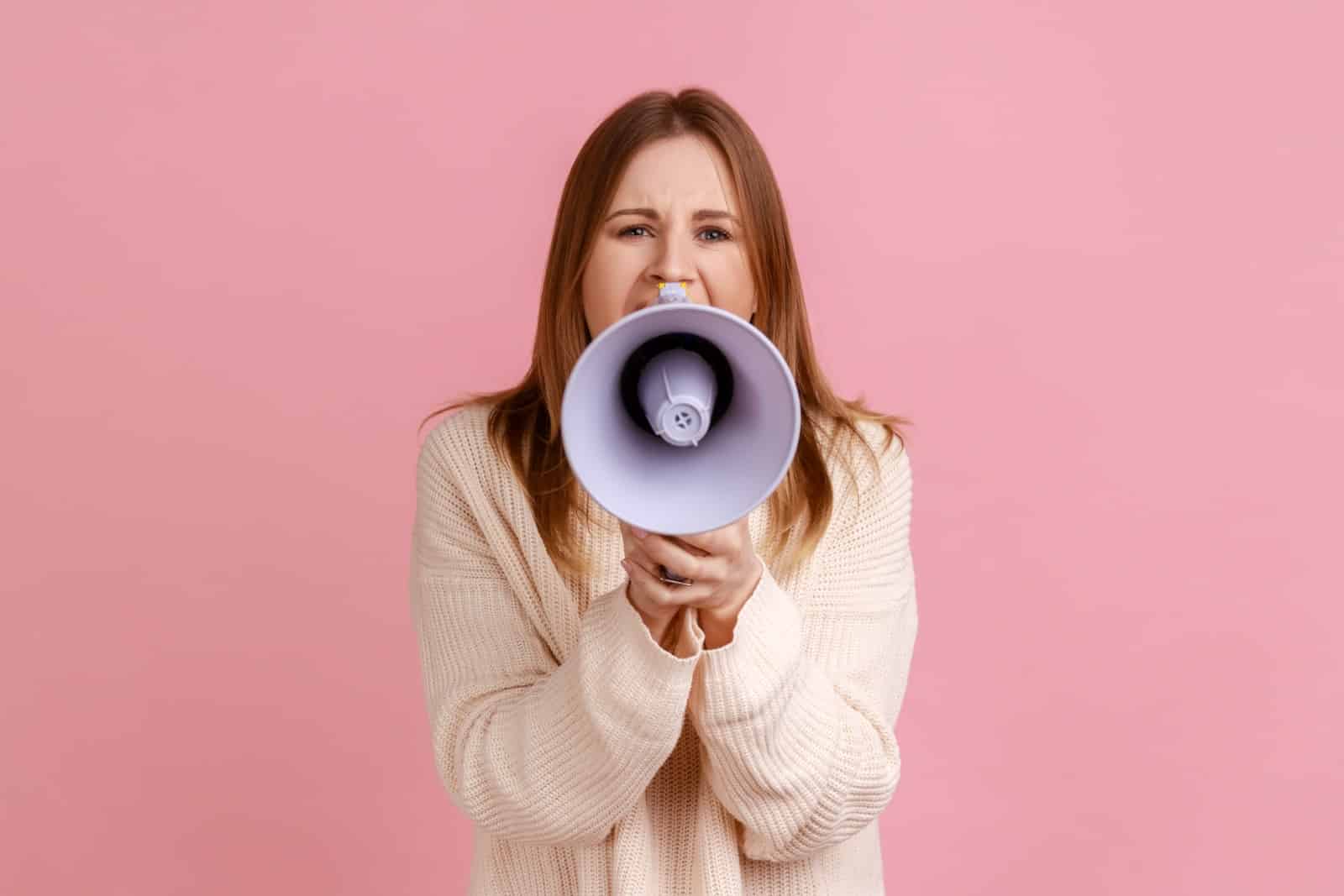
Gorsuch, in his majority opinion, emphasized the importance of free speech and individual freedoms.
The Government Cannot Demand People?

He argued that the First Amendment protects diverse forms of expression, including online speech, and that Colorado sought to infringe upon those freedoms.
Gorsuch stated, “The First Amendment envisions the United States as a rich and complex place where all persons are free to think and speak as they wish, not as the government demands.”
He emphasized that the government cannot compel individuals to engage in speech that violates their religious beliefs.
There Were Concerns for the Ruling

However, Justice Sonia Sotomayor authored a passionate dissent, joined by Justices Elena Kagan and Ketanji Brown Jackson, expressing deep concern over the implications of the ruling.
Sotomayor argued that the decision weakens the government’s compelling interest in ensuring equal access to the public marketplace for all Americans.
This Decision Could Cause Many Problems
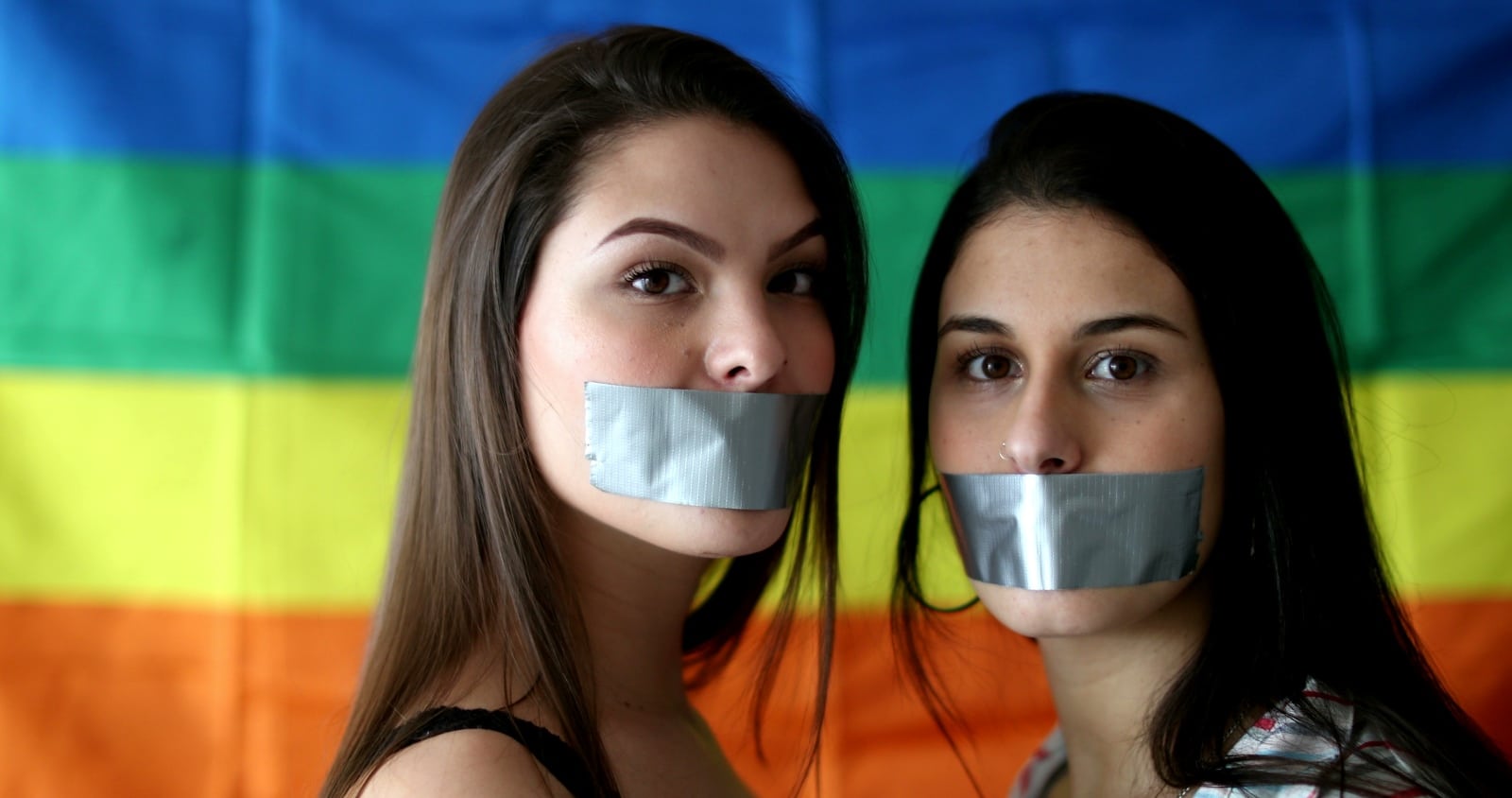
She contended that the Court granted a constitutional right to a business open to the public to refuse service to members of a protected class, marking a historic departure from previous rulings.
The Decision Is a Setback

Sotomayor lamented the decision as a setback for the lives of LGBTQ people and warned of potential broader consequences.
There Were Critics and Supporters

The Supreme Court’s ruling has evoked strong reactions from both supporters and critics.
Advocates for LGBTQ rights view it as a setback, fearing that it opens the door to further discrimination against the community.
This Undermines All Progress
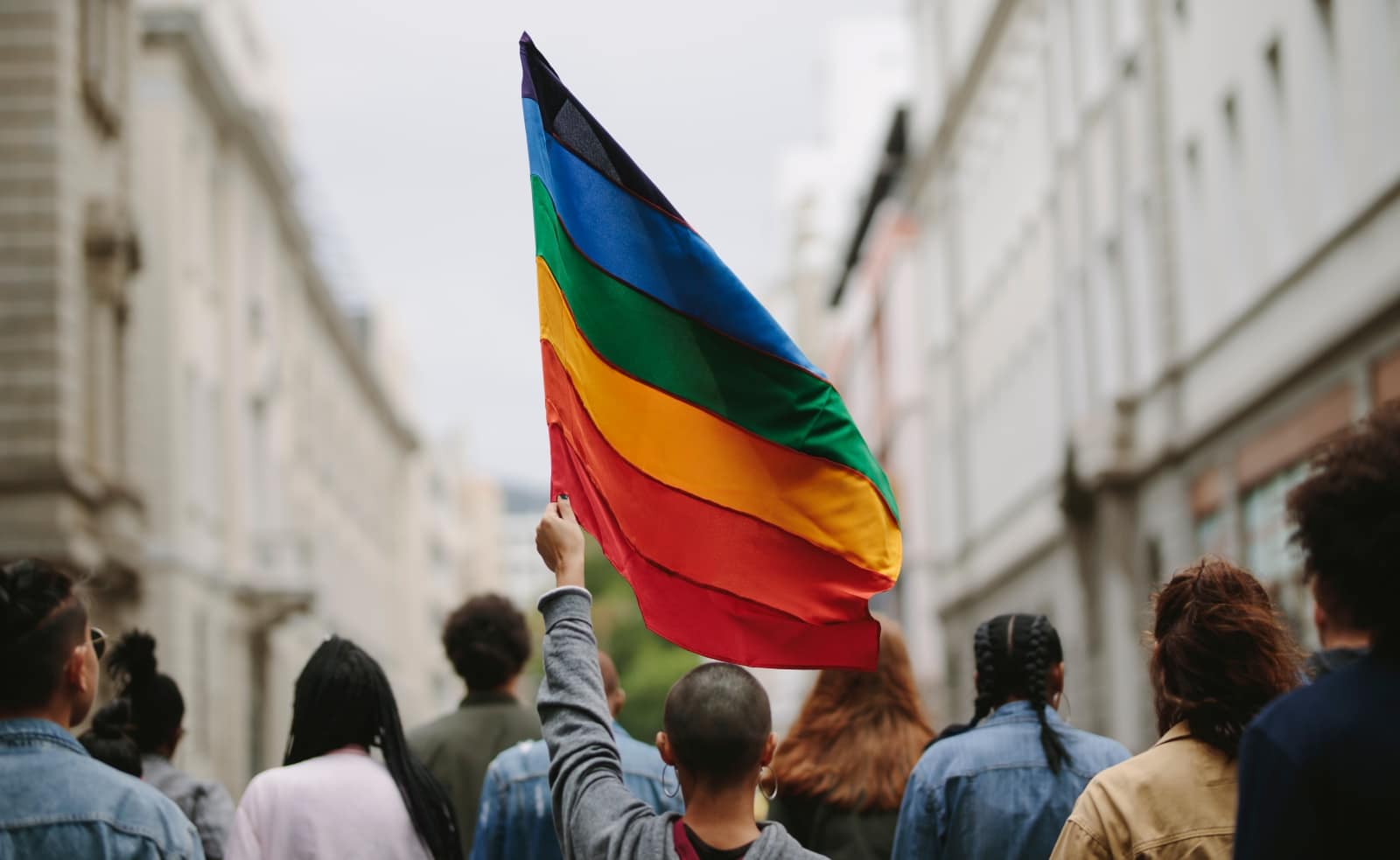
They argue that the decision undermines the progress made in recent years, including the legalization of same-sex marriage nationwide.
This Is a Win for Religious Freedom
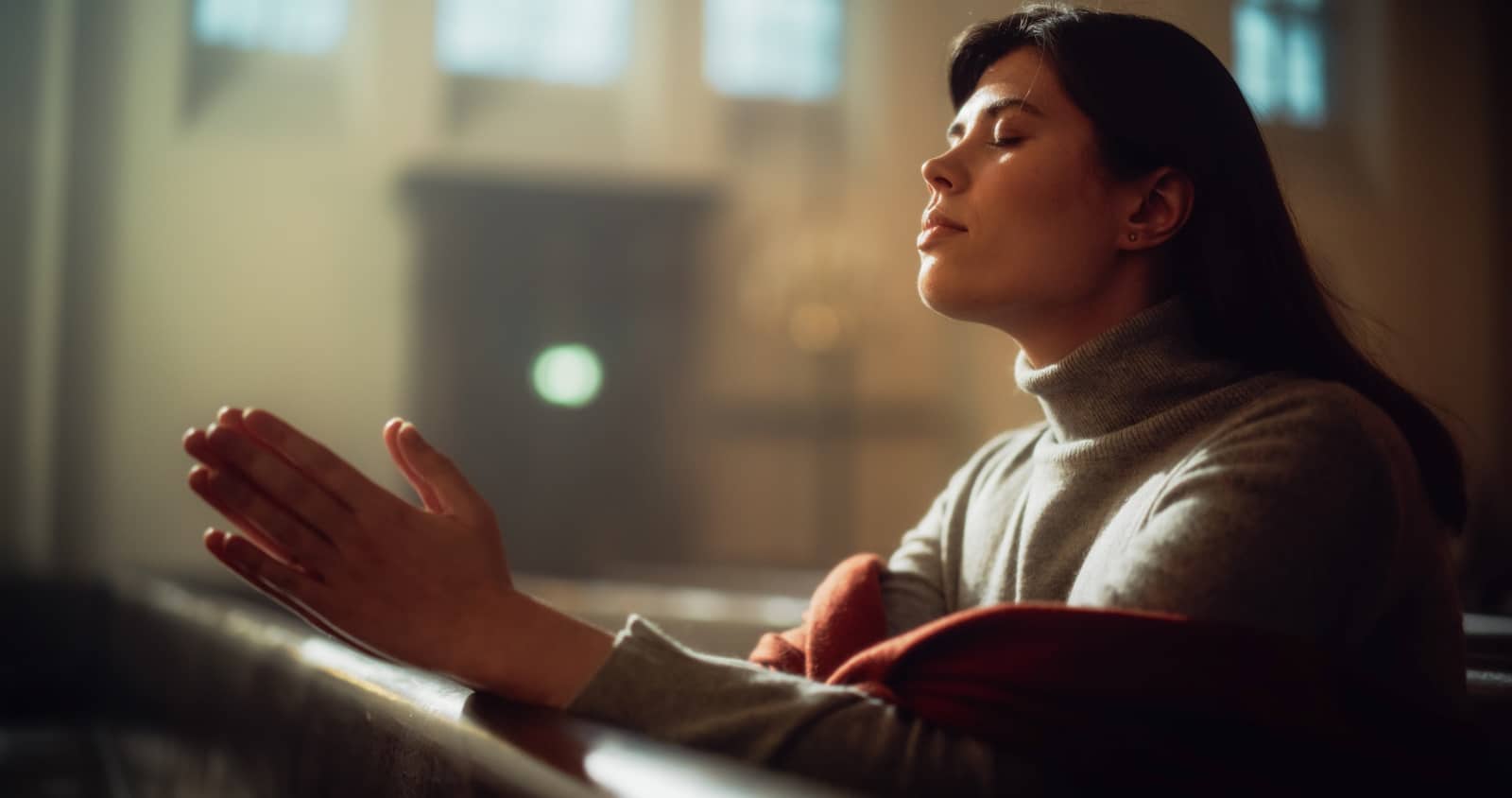
On the other hand, supporters of religious freedom believe the ruling affirms the right of individuals to hold and express their religious beliefs without interference from the government.
There Could Be More Division

Sotomayor warned that the logic employed by the Court, in this case, could have broader ramifications, enabling businesses to discriminate against other protected classes, such as interracial couples.
Critics argue that the ruling sets a dangerous precedent that may erode anti-discrimination laws and create a path for further exclusion and division in society.
Online Media Users Expressed Their Views

Several social media users shared their thoughts on the incident.
One user wrote, “Why should people be forced to do what they don’t want to do? That to me is much worse than any kind of discrimination.”
Another user commented, “The Supreme Court, take America back 100 years and make discrimination legal.”
The post Court Sides with Christian Web Designer in Landmark Case on Religious Freedom and Same-Sex Weddings first appeared on Pulse of Pride.
Featured Image Credit: Pexels / Antoni Shkraba. The people shown in the images are for illustrative purposes only, not the actual people featured in the story.

